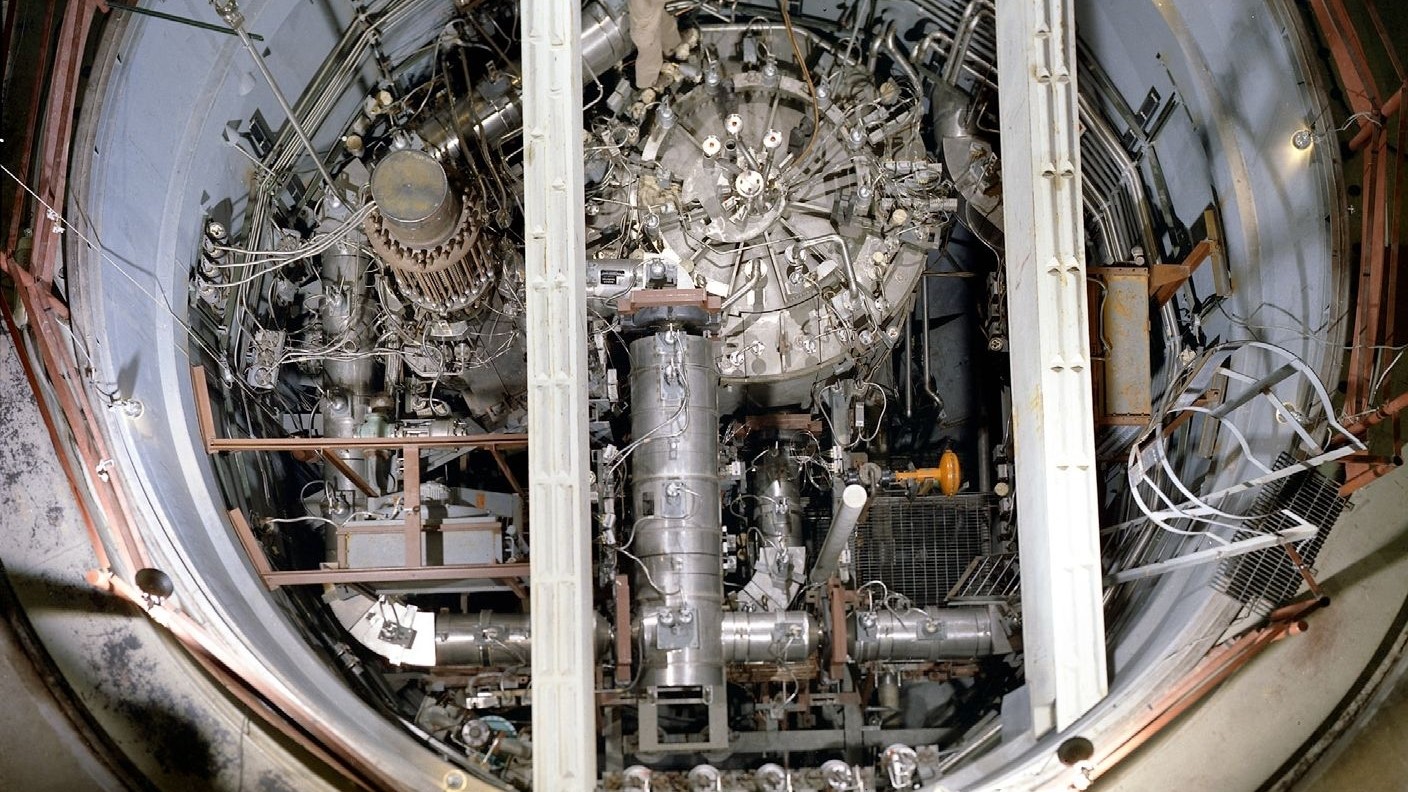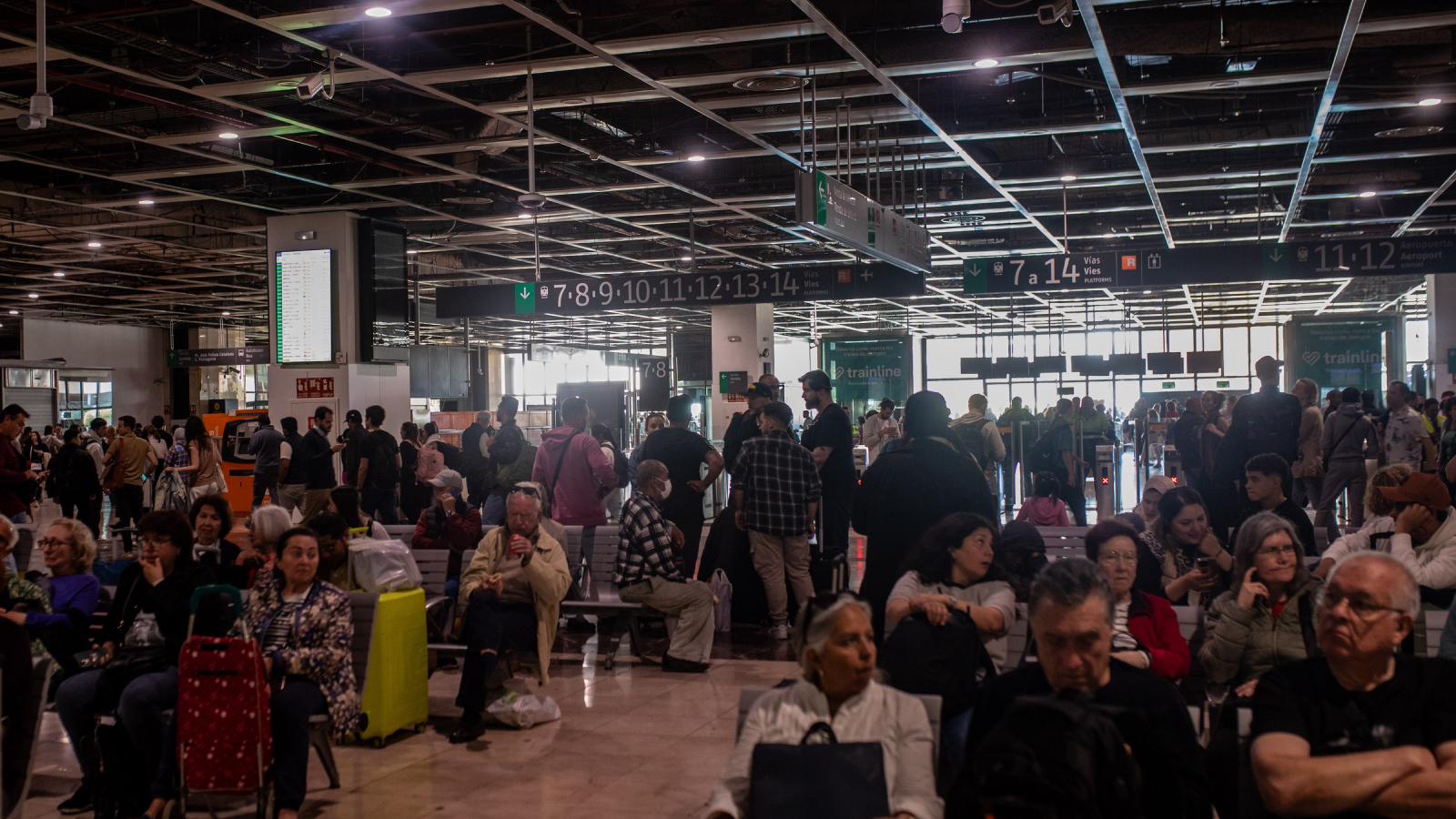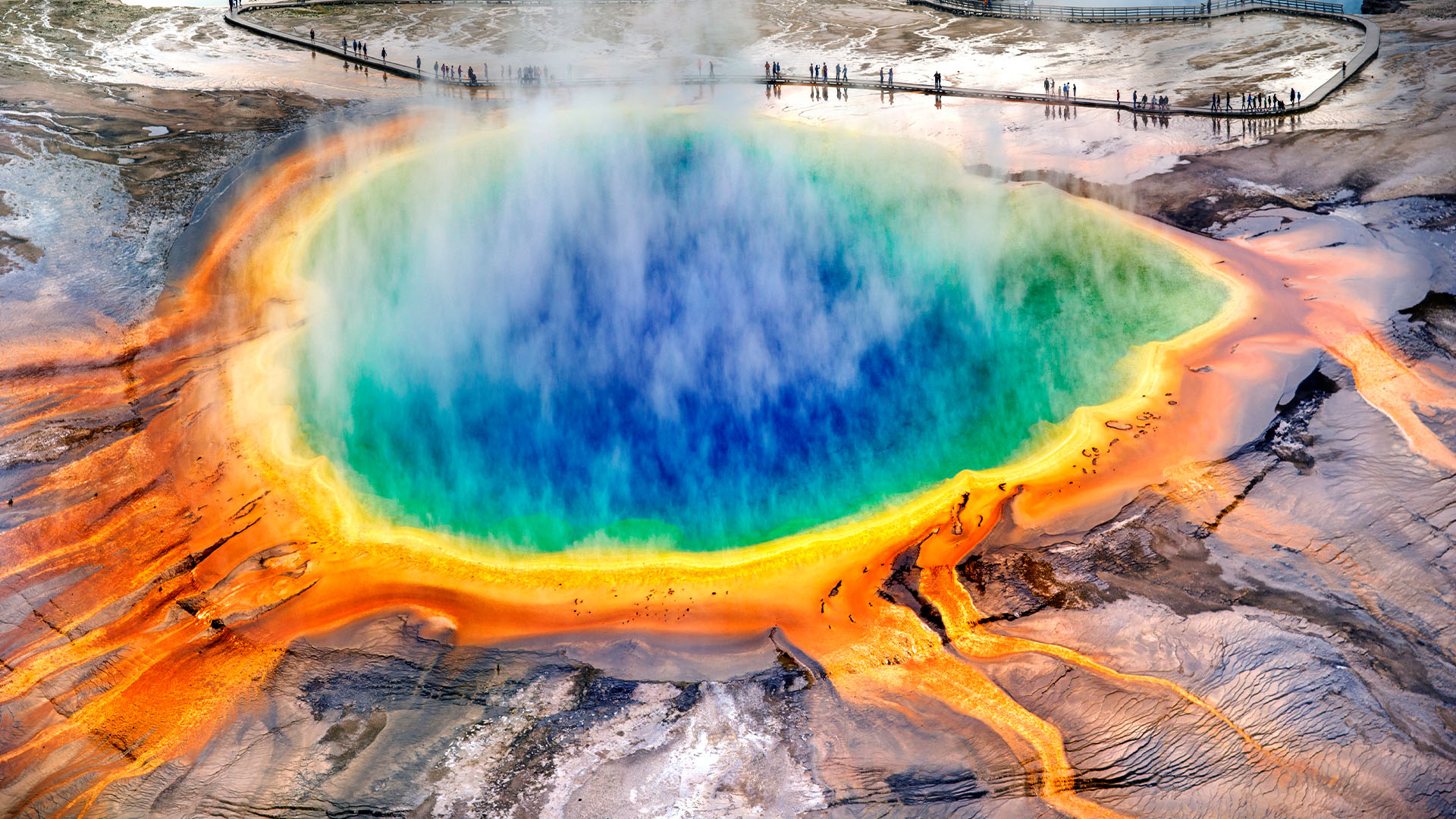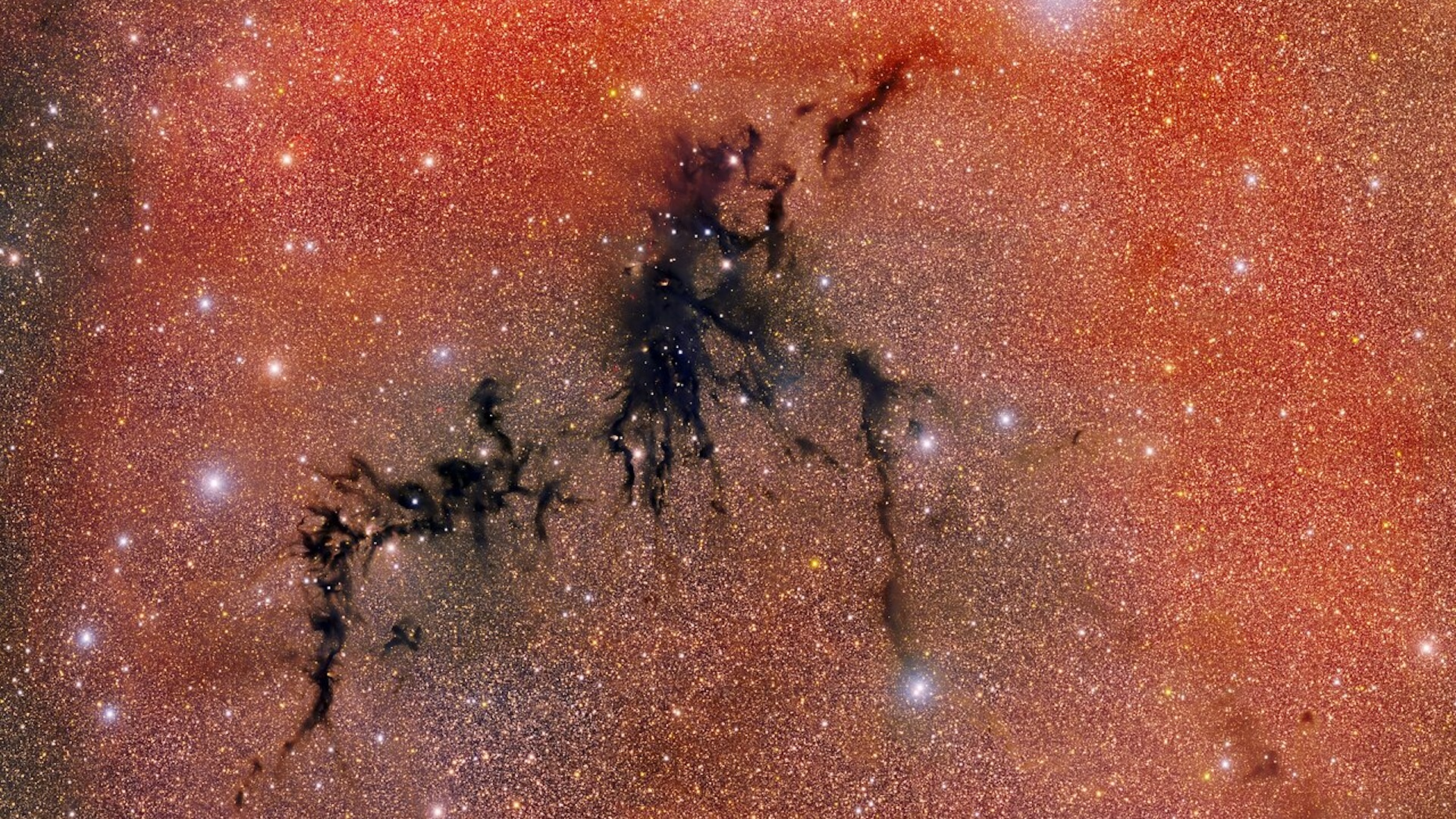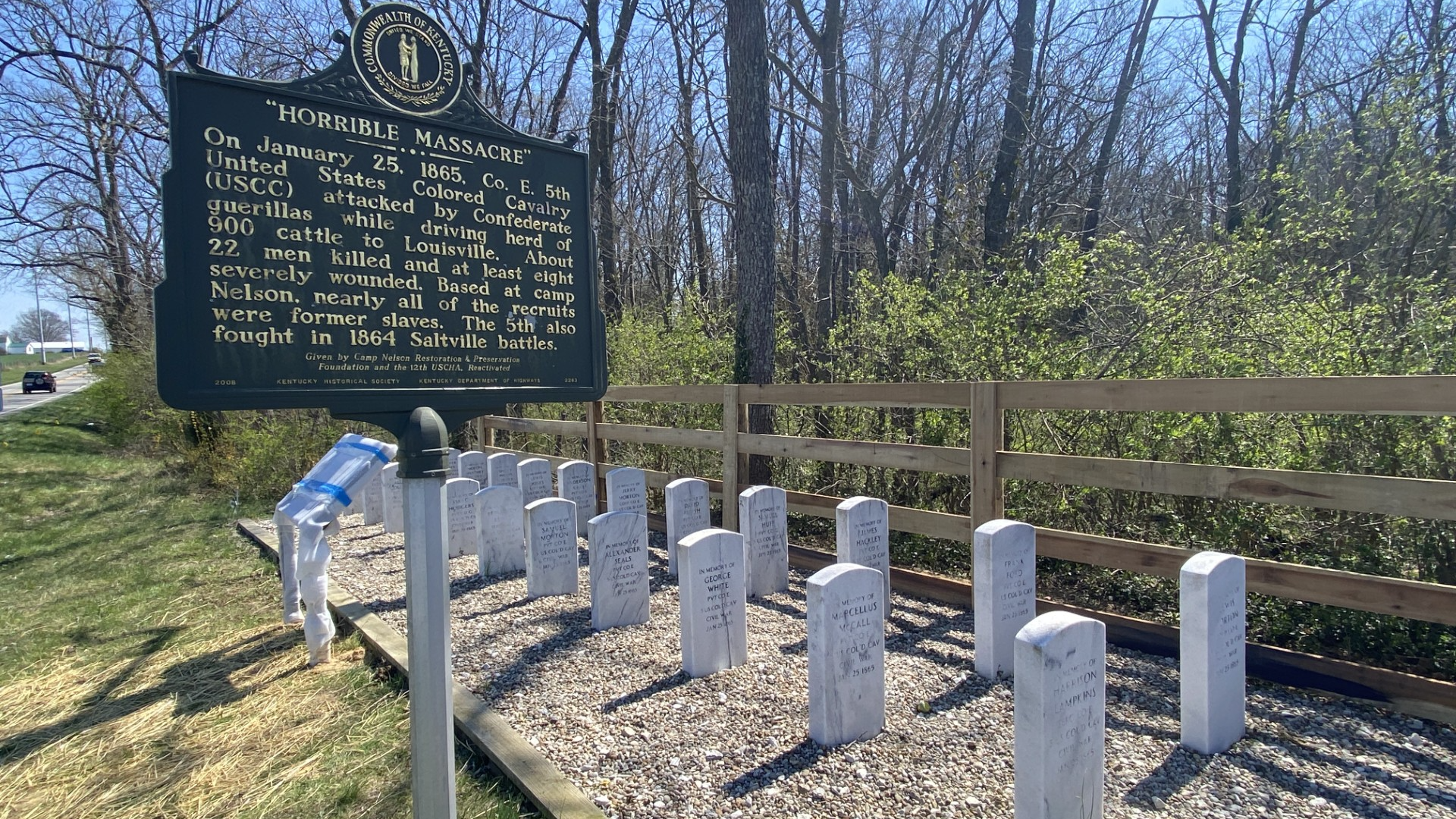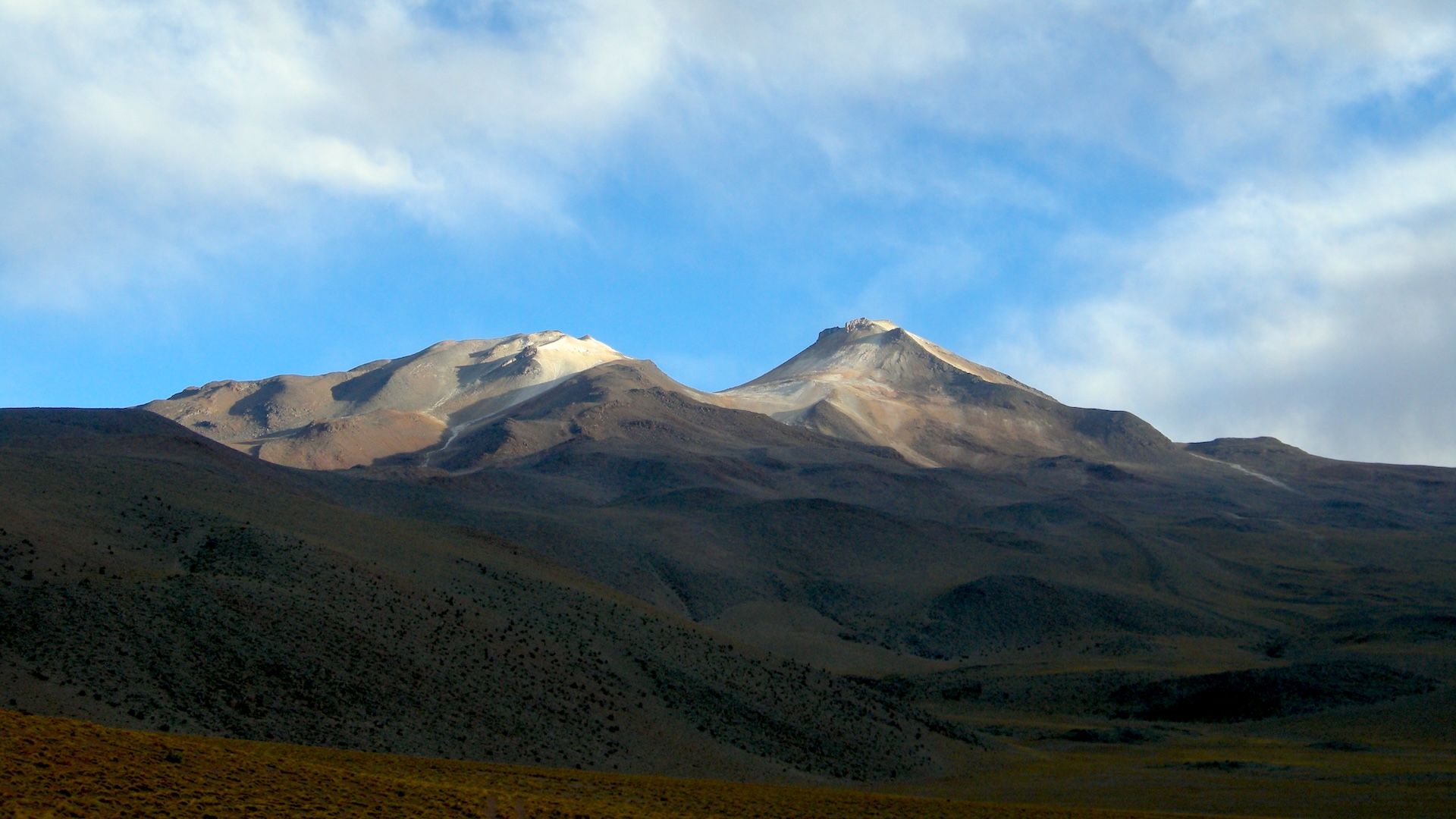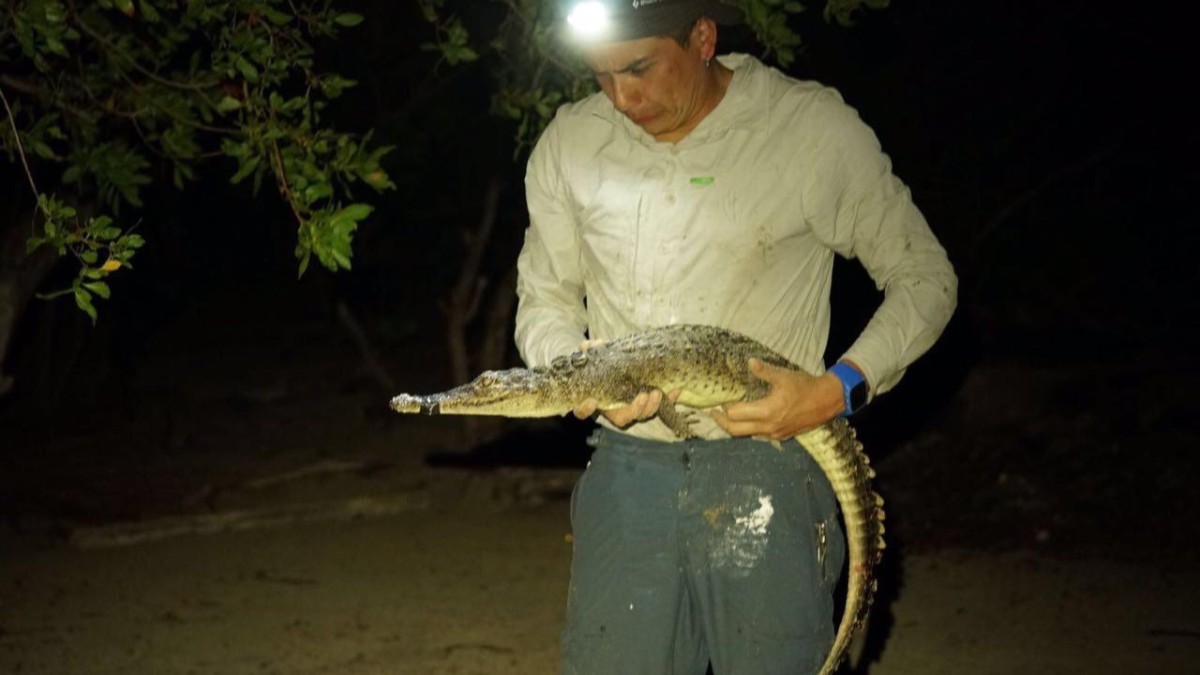Freezing Assets: Human Corpsicles Could Wake Up Rich

Dynasty trusts, also called personal revival trusts, are a hot topic among the cold dead. More than 20 states allow trusts that pay out funds indefinitelyto future generations.
Now, cryonics clients can name themselves as beneficiaries before being frozen.
At least 142 human bodies (or just heads—it's cheaper) are being held in cold storage at Alcor Life Extension Foundation in Scottsdale Arizona, and the Cryonics Institute of Clinton Township, Michigan.
Who wants to be a corpsicle? Mostly those who are single, male and wealthy. Kenneth Weiss, co-founder of RSA Security is working with a Swiss bank. Robert Miller, owner of Future Electronics, Inc. is also planning for this frozen future.
Science fiction writers have been chipping away at prejudices about frozen and preserved people for generations. The word "corpsicle" was probably coined by science fiction Grand Master Frederik Pohl in the mid-1960's. Larry Niven used it in stories like A World Out of Time:
"Your newspapers called you people corpsicles," said the blond man. "I never understood what the tapes meant by that." "It comes from Popsicle. Frozen sherbet." Corbell had used the word himself before he became one of them. One of the corpsicles, the frozen dead. (More about Larry Niven's corpsicles)
One of my other favorite early cryonics stories with a legal twist occurs in Doorwaysin the Sand, a wonderful 1976 novel by RogerZelazny. The story's protagonist is an "eternal" student, whose educationis being paid year after year from the trust fund established by his frozen uncle.And what would happen if his uncle were revived? "I deal with problems as theyarise. So far, my uncle hasn't."
Read more about the related Terasem Conference On Law Of Transhuman Persons, which covers other legal aspects of this problem. If you're not quite ready for cryonic freezing, try cold-sleep instead (from Robert Heinlein's 1941 novel Methuselah's Children. Take a look at A Cold Calculus Leads Cryonauts to Put Assets on Ice; thanks to Fred Kiesche for the tip on this story.
Sign up for the Live Science daily newsletter now
Get the world’s most fascinating discoveries delivered straight to your inbox.
(This Science Fiction in the News story used with permission from Technovelgy.com - where science meets fiction.)
'Rabbits sometimes make mistakes or grow lazy. That's when the tortoise seizes its chance': Chinese scientists make nuclear power breakthrough using abandoned US research
What is 'induced atmospheric vibration' and did it really cause power outages across Spain and Portugal?
'How could it have been allowed to happen?': The threat of 'superbugs' was known from the first antibiotic, but we've failed to stop it.
